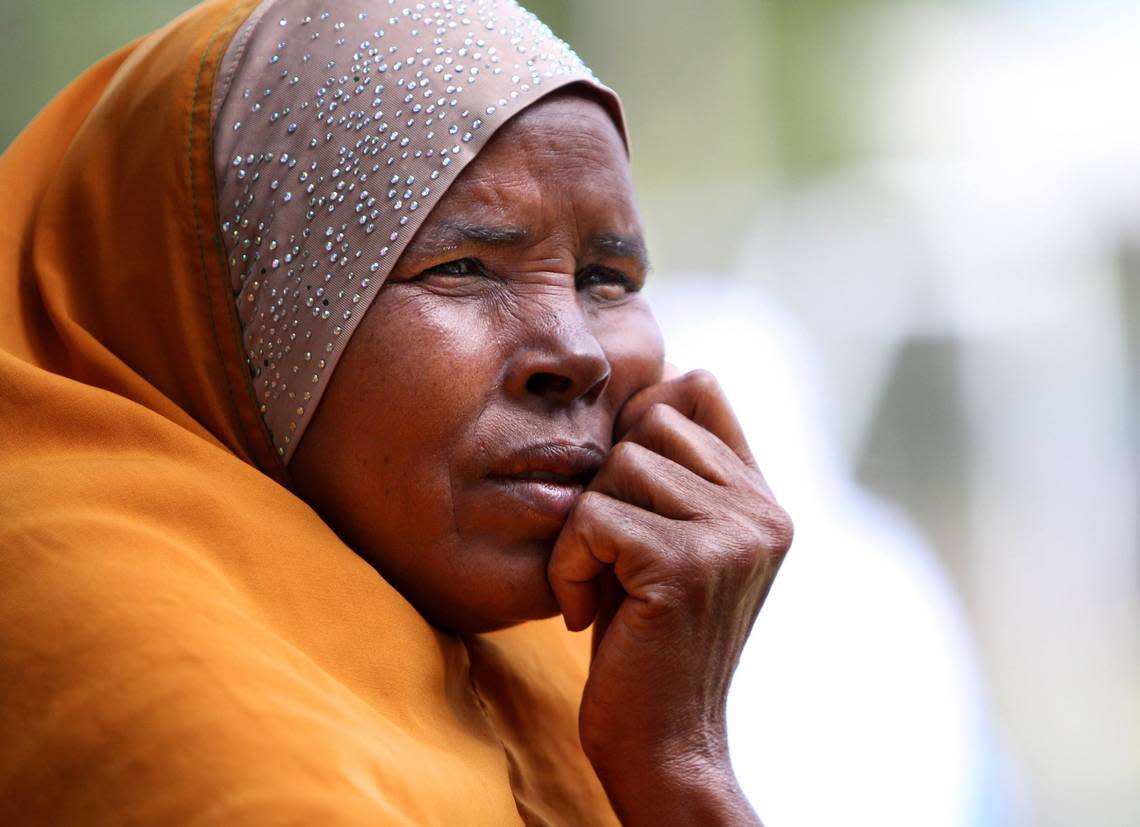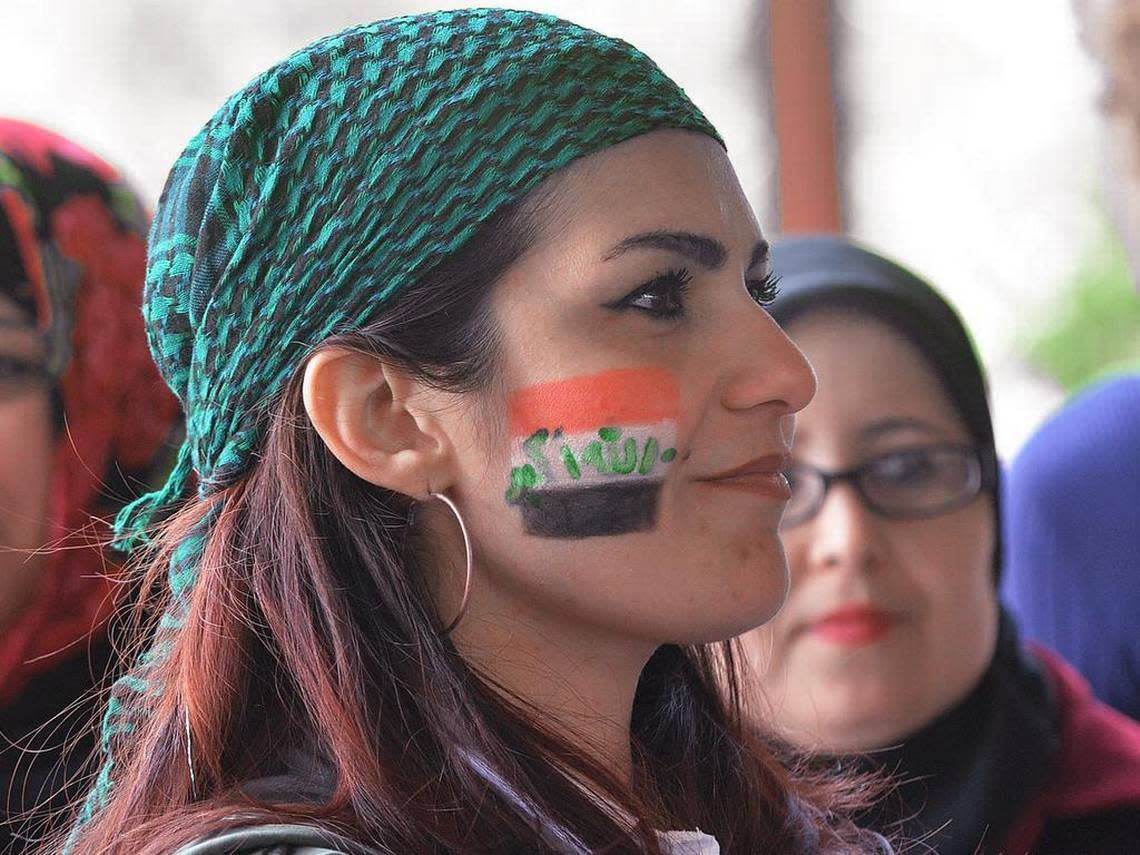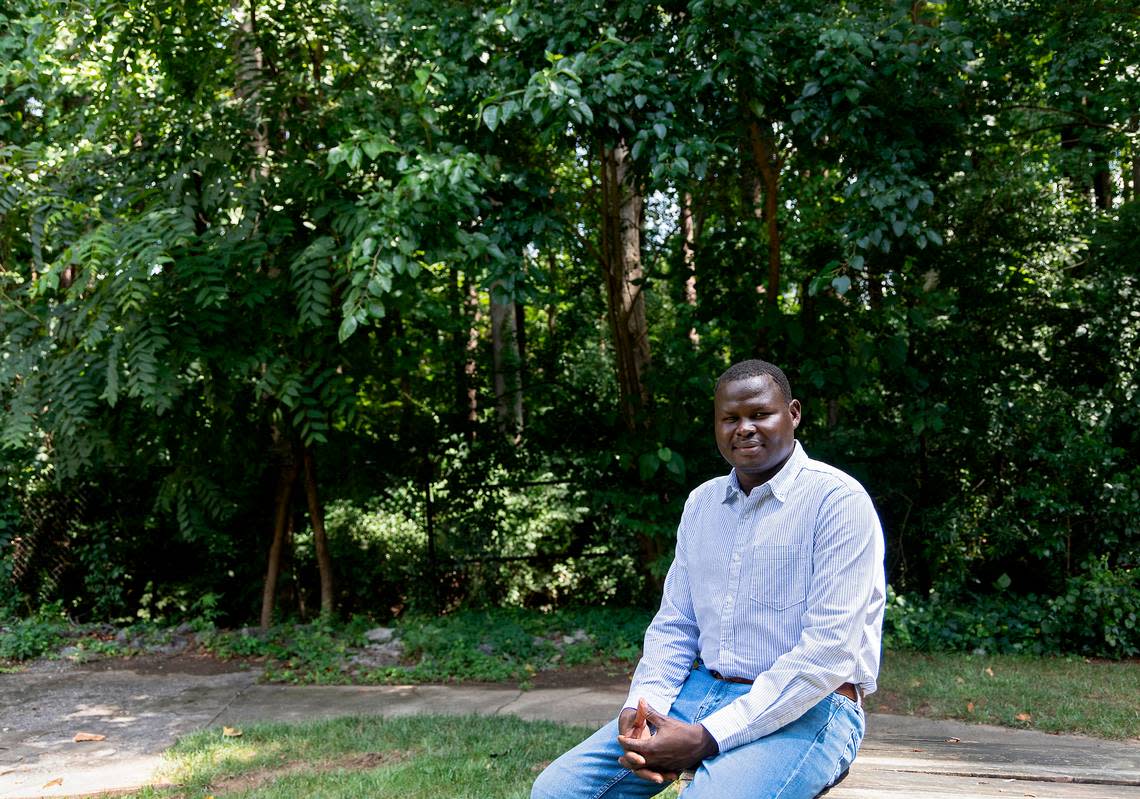‘They’ve lost everything’: Durham event to welcome refugees to their new home
Adam Sadda was around 15 years old when he had to flee for his life, the first time.
He, his mother and father, two brothers and five sisters were living in Darfur, Sudan, in 2003, a time that would later become known as the Darfurian Genocide.
The conflict started when rebel groups attacked the Sudanese government’s army to protest the government’s unfair distribution of resources. The government funded a militia group called the Janjaweed to stop the uprising.
But the militia group didn’t just target the rebels.
“They target everyone — children, women, elderly people,” Sadda said. “Systematic killing and systematic devastation of the entire infrastructure. A systematic genocide.”
He and his family were able to find refuge in neighboring Chad for about a year; then they had to flee again.
This pattern continued for years. Sadda’s family would find a safe place, until the violence caught up with them and then go on the run again. All this time, the Janjaweed burned villages, poisoned water sources and killed hundreds of thousands of people.
By the time Sadda settled in a United Nations camp in Egypt, his family was no longer traveling with him.

Two years later in 2013, he was assigned to a city in the United States: Durham, North Carolina.
He arrived alone. He didn’t know English and had only a small backpack with a few clothes, two books, a laptop and a USB flash drive filled with pictures and videos of his family.
“It’s unpredictable situation. [You are] away here in the U.S., leaving your family thousands of miles away,” Sadda said. “It’s very hard to be away from family, away from home and away from everybody. But that’s the way of life.”
Sadda’s arrival in the U.S. was a decade ago, but his story is one that millions of refugees around the world are going through now.
Annually, the city of Durham hosts an event to bring local refugees together and help them feel at home in a new area: Durham Refugee Day. This year’s event is Saturday.
The celebration began in 2017, in response to the Trump administration’s executive order banning refugees from several Muslim countries. Coordinator Kokou Nayo said they wanted to show refugees they had support and were welcome here.
“To the refugees and immigrants here in Durham, it is their home,” Nayo said. “For some, there’s no other home. They’ve lost everything. Durham is where their heart is. They want to participate in Durham’s cultural life, they want to be part of Durham’s city. We need to give them that opportunity.”
Adjusting to life in the states
“Whatever you can carry in a flight, that’s what they are coming with,” said Sina Naseri. “They’re not going to be able to bring their memories, heritage and things that mostly connect them to their families and background. That’s what gets lost for a refugee.”
Sina Naseri fled from Iran in 2004. He is the community engagement manager at Church World Service Durham, which helps incoming refugees adjust to life in the U.S.
CWS Durham helps around 400 refugees a year, with 145 people welcomed by the organization so far in 2023.
The organization continues to provide support for five years, with specialists who help the newcomers create resumes, practice interviewing and find jobs.
“We have a very high success rate,” Naseri said. “They are able to pay their expenses without relying on any cash assistance from any federal or state program.”

Refugees’ economic impact
A recent report from the American Immigration Council analyzed the economic impact of refugees in the U.S. using census data and a sample of 2.4 million refugees.
The council found that the sample group paid $25 million in taxes and had $68.6 billion left in disposable income.
Sadda said people in the U.S. don’t realize the economic benefits refugees bring.
“There are so many people in the local area that don’t know about refugees,” he said.
Naseri said this is another important part of Durham Refugee Day. It isn’t just a time for refugees to come together, but is open for the entire community to attend.
“One of the reasons I really want this event to do well is a way for the community in Durham to come and get introduced to refugees,” Naseri said. “To see some of the work refugees do and maybe get introduced to some other cultures that they are not familiar with.”
Durham Refugee Day

Saturday’s celebration will have live music, food vendors and booths where refugees can learn about the resources available through organizations like World Relief Durham and CWS Durham.
Last year, Sadda was the refugee speaker.

When he first came to Durham, he said he felt lost.
He missed his family.
He missed the porridge-like asida and Sudanese flatbread kisra he used to eat.
He missed the traditional tea ceremonies he and his siblings would have with their parents, where they would gather and share stories.
And he couldn’t watch the videos, pictures and other memories stored on his USB flash drive, because he had lost that too.
But step by step, he started finding his way in Durham.
He started cooking the traditional dishes like asida and kisra to reconnect with his roots.
He enrolled in Durham Technical Community College to learn English. He made close friends that have made him feel “welcome and accepted, like a chosen family.”
He later enrolled in UNC-Greensboro, where he recently graduated with his bachelor’s degree in politics and economics.
In the decade he’s lived in Durham, he’s been an interpreter for Arabic-speaking refugees and served on a city advisory board.
“I am so grateful for the Durham community as a whole, as they have been inclusive and welcoming,” he said. “They have welcomed me with open arms and provided a sense of belonging that has made Durham truly feel like home.”
He hopes Durham Refugee Day helps other refugees feel the same way.
Durham Refugee Day
When: Saturday, July 8, from 3 to 6 p.m.
Where: Durham Central Park’s Farmers Market Pavilion (501 Foster St.)
Parking?: Free, in the farmers market parking lot
Details: Free family-friendly event with live music, vendors and activities for children
